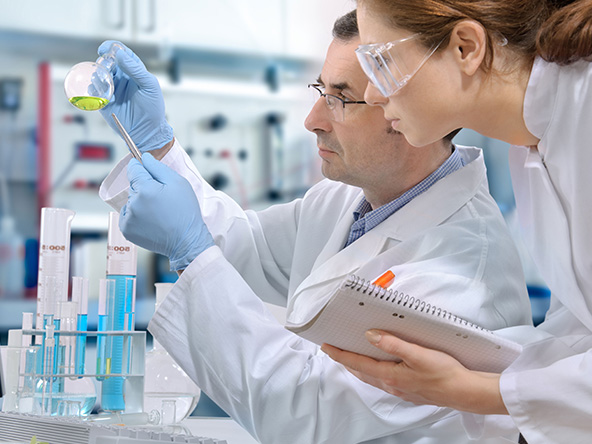
Microbiology
Microbiology is the use of biological, biochemical or chemical methods to detect, identify and enumerate microorganisms. How does Microbiology Work? Microorganisms can be studied using a range of technologies, most commonly microbial cultures, immunoassays – such as enzyme-linked immunosorbent assays (ELISAs) – and polymerase chain reactions (PCRs). Microbial cultures are a way of multiplying microorganisms by growing them in specific culture media, which may be liquid or solid, under controlled laboratory conditions. They are used to determine the type of organism, its abundance in the sample being tested, and its susceptibility to antimicrobial agents. Immunoassays use antibodies to detect and identify specific proteins unique to the target microorganism. They may be quantitative, but more often are qualitative assays that simply determine the presence or absence of the analyte of interest. Single and multiplex PCRs are a more recent development. This nucleic acid-based test enables the amplification and recognition of segments of DNA or RNA unique to the microorganism under investigation. Regardless of the method used, it is essential to prevent contamination occurring during microbiological analysis. What is Microbiology for? Microbiology has many important applications in the medical, environmental, food, agriculture, chemical and biotechnology industries. Medical microbiology is the study of microorganisms across fields such as virology, bacteriology, parasitology and mycology. It involves the identification, isolation, diagnosis and treatment of pathogenic microorganisms, as well as the investigation of beneficial organisms, including yeasts and some antibiotics. It plays an important role in biomedical research, for example, in the development of vaccines and treatments for different diseases.


